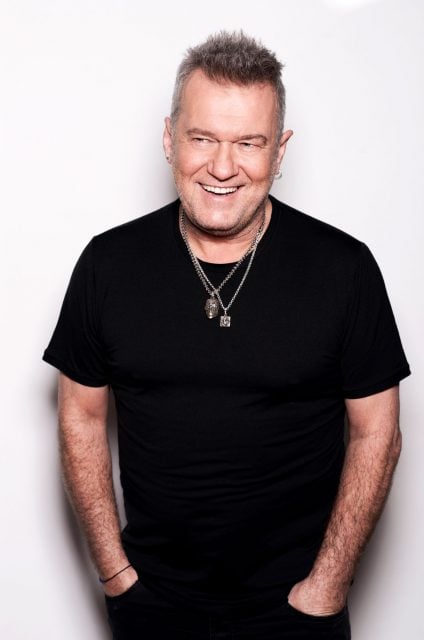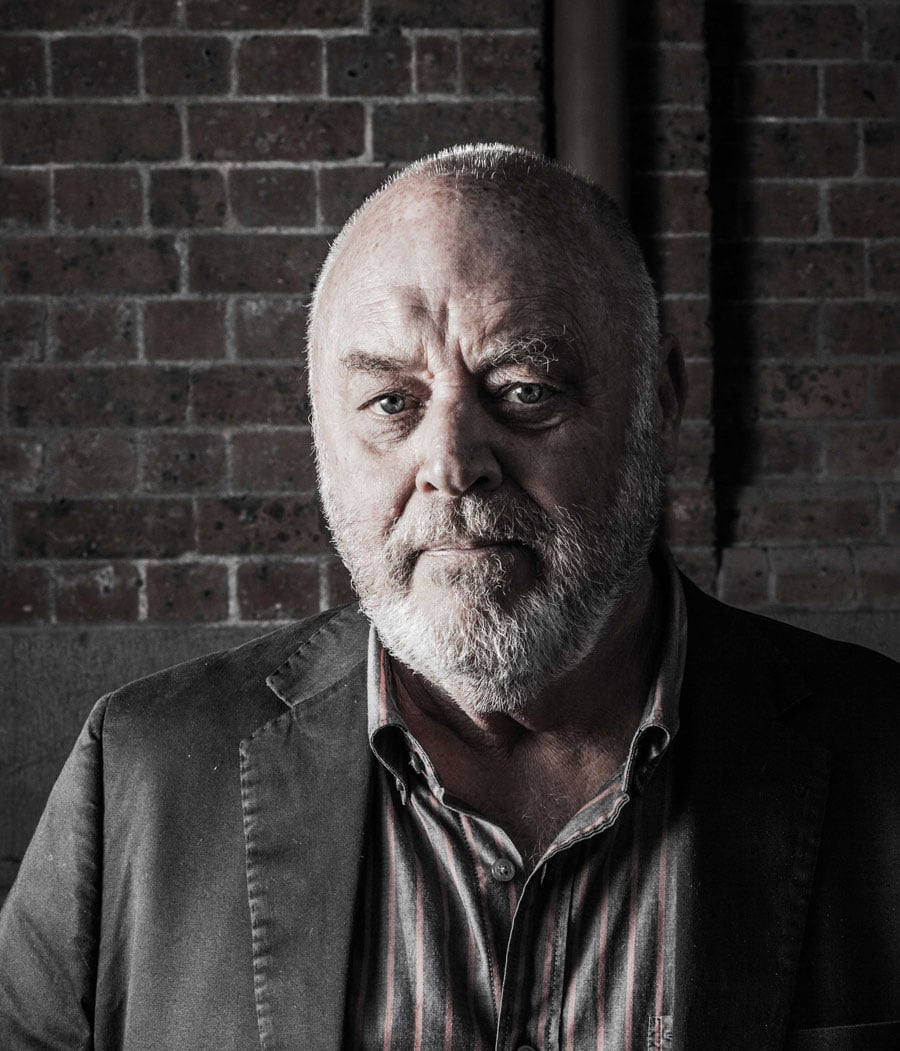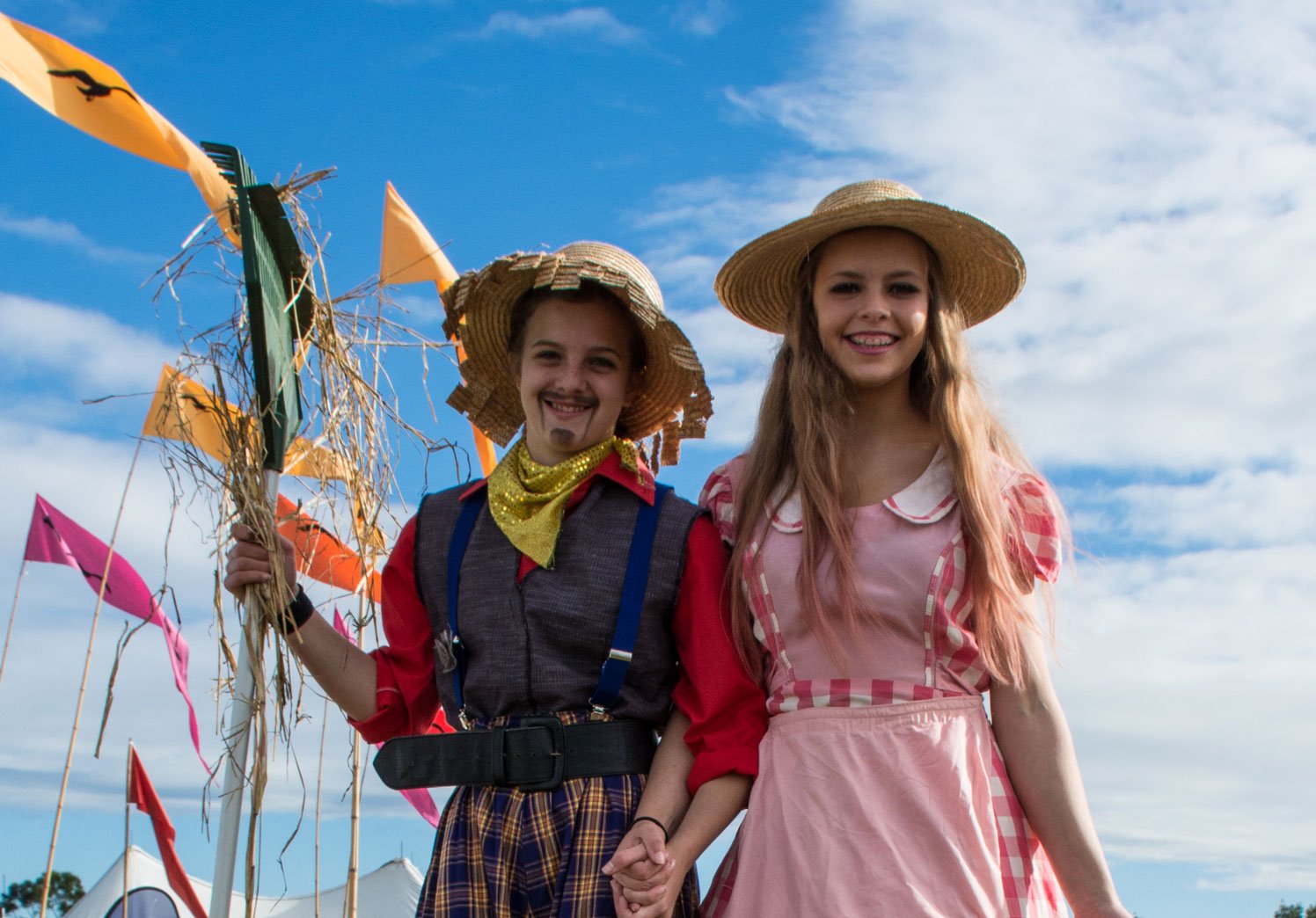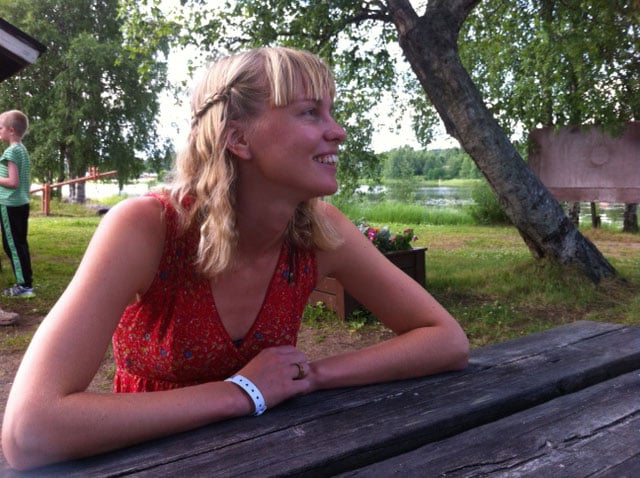
Interview with Mandy Nolan
“I didn’t write the story hoping for forgiveness. I wrote it hoping for life.”
Prolific songwriter and performer, Jimmy Barnes has been a storyteller for more than 40 years, sharing his life and passions with Australians of all ages at over 10,000 gigs. He chats with Mandy Nolan about writing Working Class Boy, his best-selling, Australian Book Industry Award winning memoir.
What made you decide to write your life story? Did you have any reservations in the beginning?
I really had no choice. Most of the things that happened to me as a child have been locked away. I never spoke about them much. Some of them I hadn’t talked about at all, with anyone. And there were even things that came to me during the process of writing that I had blocked from my memory. And a lot of this stuff had been hurting me for a long time. Some of it was killing me. So I had to get it out somehow and look at it. Writing a book turned out to be a good way of doing that. Yes, I did have reservations. It was quite scary to open up all of this. I went from never talking about it to sharing it with the world almost overnight.
You have a very natural voice as a writer – was it daunting facing the page each day? What support did you get from the publisher in developing your writer’s voice?
My publishers HarperCollins were fantastic. They offered ideas at the start but then got out of the way really, and let me get a lot of it down. One thing I was told very early on was to just write. Don’t go back and edit myself too much. And don’t let other people edit me. They wanted my story in my voice. Of course towards the end I was helped immensely by Nicola (Robinson), my editor. She really helped focus the whole thing. I thought that Nicola was so important to getting to the meat of my writing.
What did you want to achieve in writing Working Class Boy?
I honestly don’t know what I expected to achieve. I just wanted to turn my focus inside. I have spent my whole life looking out. A whole life never looking back. You need to look back and understand your own story so that you can make the right choices in moving forward. Running from my past never helped me. In fact, it nearly killed me. I had a lot of therapy during the process too. That really helped me deal with this stuff and it helped me with my writing.
How did the process affect you? Did you find it emotional or intense going back over old hurts, or hard times like your early years?
I would sit down everyday and write for hours and hours. Each sentence I wrote, I felt like a load was being lifted off me. But it was confrontational too. After a lot of these sessions I would lay in bed unable to sleep. Wondering what else I would remember. I would wake up in the middle of the night in a sweat from reliving fragmented moments of my life as I dreamed. So I would get out of bed and have to go out to my study and write. Then I would be able to sleep
How did writing about your parents help you understand where they come from, and where you in turn you fit in the puzzle?
I always made excuses for my parents. They came from a bad place too. They had tough upbringings and all that. You name it, I thought of ways to get them off the hook. But the reality was that they had a lot to answer for and until I could understand their part in all of this I would continue to slowly kill myself. If I wanted to break the cycle of alcoholism and violence I had to know where that was coming from otherwise It would be carried on in some form or another by me. Now that I do understand a lot of it I can see that they made a lot of mistakes but I can also let it go a bit and move on. I forgave them for their part in all of this but I would have loved to talk to them directly about it.
How did being sober change the way you told your story?
I got sober and fell off the wagon and got sober and fell off the wagon a lot of times before I got a grip on my life. Each one of those clean times gave me glimpses of what I had to deal with. That clarity was hard to take when I first started to to think about my past. That was exactly why I drank so much. But slowly, bit by bit, the pieces started to fall into place and started to make sense to me. In would never have written this if I hadn’t got my life together.
You have a great self-awareness and honesty in the book. Was this scary, knowing that the ‘real’ you, the internal voice was out there?
The hardest part of this process was not owning all the shit that I went through but to sit and strip away all the façade I had built up and look at the person that was inside. I never wanted to be hurt by me or anyone else so I had built a lot of walls. I thought that I was invincible but I was full of bravado. I couldn’t write this book until I had courage. Being brave and having courage are two different things. Finding courage in my life was much harder but it was the key to starting to find peace
Gabriel Garcia Marquez once said, ‘we live three lives, our public life, our private life and our secret life’ – how much of each did you include in Working Class Boy?
I tried not to worry about my public life too much. Everybody had seen that. My public life was very public. It was on TV and in the papers or on stage in front of thousands of people. My private life, I wanted to keep private but in order to write the book I had to allow the readers in to some of it. I think that we all need a little privacy. That’s healthy. I needed to access my secret life. This was the life that ran parallel to my public and private life. Some times it went on without me noticing why. This was what I needed to shine the light on: How life had affected me. Why it was hidden and what impact it was having on me, the ones I loved and any other poor bastard I came in contact with. This secret person was not the man I had seen in the mirror. He was lurking behind the face I saw and the face I showed to the world. I think we all have those faces but sometimes they have more power than we like to think.
How hard is it to share the ‘secret’ life? Did you have to consider your family, close friends and band mates in telling your story?
The people I loved had all seen that side of me. They needed to make sense of it as much as I did. So getting this out was helpful not only to me but to my family. I feel like I have updated my software. I have rebooted my life and as my software gets updated, so does my children’s. Everybody benefits from the process I think.
When did you first realise that you were an alcoholic, or that it was affecting your life?
I knew very early on that I was an alcoholic but I didn’t care. As I got older, I tried not to think about it. But I always knew. I come from a long line of alcoholics
How hard is it to go back and really look at how you’ve lived and what you’ve done? Was writing your story a kind of atonement?
I didn’t write the story hoping for forgiveness. I wrote it hoping for life. I wanted to get on with enjoying life and not be afraid of my past catching up with me. When you run from anything it is only a matter of time until you stumble or fall and then you will be swamped by it. The only way to deal with real issues is head on. I had to turn and face them. My fears, my past. My ghosts. All of it.
In Working Class Boy you often share that inner world of Jimmy Barnes was a long way from his outer world. Did this used to scare you?
I never wanted anybody to see the real me. I spent nearly all of my life running from it. So the idea of opening that up to the world was frightening to me. But not as frightening as keeping in locked inside of me.
How did you maintain the rage with so much self-doubt?
I spent my life smashing my way through everything that tried to stop me. Anger, resentment and fear drove me. As long as I was angry or smashed I felt nothing. I never liked to cry or feel sad – it hurt too much. So hurt, I would get angry and lash out.
You are immensely likeable, how do you think that characteristic got you through in your life and in your career?
As a child I had to make people like me to survive. If they liked me maybe they wouldn’t hurt me. I tried very hard to keep that up. I was top of my class so the teachers liked me. I was captain of the football team so my peers liked me. And I fought in gangs so that the people who I thought would want to hurt me either liked me or were scared of me. I joined a band and all that training at being liked became a skill that really helped me become successful. I read that people who come from the sort of background that I do often overachieve. So I didn’t invent this behaviour, it’s just learned. But my childhood, as it happened, was probably very instrumental in my success.
You have such a solid marriage – how have you and Jane kept it together? Most people don’t. (I’m up to my third husband!)
Marriage is a great challenge. Anything really worthwhile takes effort. I was very lucky to have met the girl I love and she loved me. We have ups and downs like any couple but we know that it takes work. Jane has seen me at my worst and best but the good news is that I am only getting better. I think I haven’t reached my full potential as a human being yet.
What’s the biggest misconception do you think about being a rock star?
People think being in a band is glamorous: If you think eating bad road house food is great. If you think spending forty years of your life being squashed into the back seat of hire cars, driving to towns that you never really get to see except at night is good. If you think that waiting for airplanes that are constantly being cancelled is good. If you think that being alone and away from the ones you love is glamorous. Well, Rock and Roll is the job for you. But in saying all that, for two hours everyday I get to go on stage and drag people away on a journey with me. For that time, I don’t think about the past or the future. I am in the moment with thousands of strangers who just want to be in that same moment.
What’s a top day for Jimmy Barnes?
Getting up and spending time with my family. My family keeps growing by the way. I have thirteen grandkids now and a great grandchild. My life is blessed. Every day is a top day. You got to love life.
• Jimmy Barnes features at Byron Writers Festival in a one–on–one conversation with Mandy Nolan on Friday, and ‘Rock’n’Roll Lives’ with Tex Perkins on Saturday; also in conversation with Matt Condon at a special off-site Feature Event at Lennox Head Cultural & Community Centre (Saturday, 7pm). Tickets at byronwritersfestival.com.
More Byron Writers Festival 2017 articles:
Tex Talks
Tex is a funny prick. In an industry full of people who take themselves SO seriously, Perkins is a breath of fresh air.
The life and times of Jimmy Barnes
Interview with Mandy Nolan “I didn’t write the story hoping for forgiveness. I wrote it hoping for life.” Prolific songwriter and performer, Jimmy Barnes has been a storyteller for more than 40 years, sharing his life and passions with Australians of...
Book Reviews by Byron Bay Public School Students
Grace Author: Morris Gleitzman Reviewed by: Billie Aitken-McGregor Class: Age 11 Byron Bay Public School “We were a happy family. We were bountiful. But it came to pass that I started doing sins. And that’s when all our problems began.” Imagine having your father taken...
The Reef, trees and stars at Writers Festival
This year’s Byron Writers Festival hosts a range of conversations for those interested in delving into the environment, astronomy and science, led by some of the world’s leading scientific minds. From discoveries made below the waterline, to those made...
Terrorism, politics and betrayals collide in debut novel from Tony Jones
Tony Jones was still at school when Lionel Murphy raided ASIO. After an ABC cadetship, he joined Four Corners as a reporter in 1985, and later Dateline at SBS in 1986. He subsequently was an ABC foreign correspondent, for...
Robert Drewe releases new novel, Whipbird
Bangalow local Robert Drewe is an Australian literary legend whose more than 20 highly acclaimed books, including novels, short stories and memoirs have won state, national and international prizes, been widely translated, and been adapted for film, television, theatre...
Time for Rock’n’Roll at Byron Writers Festival
Byron Writers Festival will feature stars of the Australian music industry who not only can hold a tune but also can hold a pen, and have written or co-written revealing memoirs, and a novel. Read on for more about...
Cosentino’s greatest trick may not be what you think
Trapped underwater in agonising pain, shackled and sinking and desperately trying not to give in to the urgent need to breathe, I really thought maybe I had pushed myself too far this time. The scar was still fresh from...
There’s a kids’ big day out at Byron Writers Festival
Byron Writers Festival has pulled out all stops to create a day full of fun, inspiration and creativity to ignite the imaginations of children. Seven acclaimed children’s authors will face their toughest and most vocal audience at the Greenstone...
A beginner’s guide to the Byron Writers Festival
Never been to Byron Writers Festival? We ask Byron resident and festival-lover Emily Brugman, 27, her top tips for the first-time festival-goer. Tell us a bit about the festival. The Byron Writers Festival is a three-day event that brings writers and...













